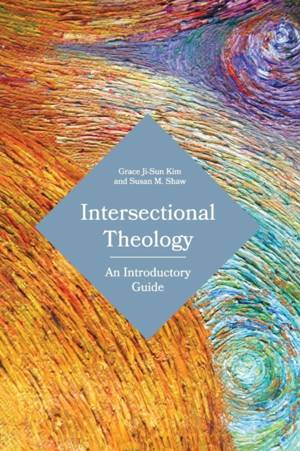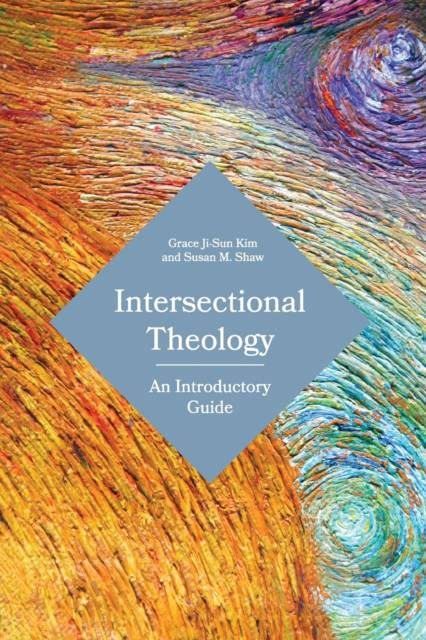
- Afhalen na 1 uur in een winkel met voorraad
- Gratis thuislevering in België vanaf € 30
- Ruim aanbod met 7 miljoen producten
- Afhalen na 1 uur in een winkel met voorraad
- Gratis thuislevering in België vanaf € 30
- Ruim aanbod met 7 miljoen producten
Omschrijving
Intersectional Theology: An Introductory Guide offers a pathway for reflective Christians, pastors, and theologians to apply the concepts and questions of intersectionality to theology. Intersectionality is a tool for analysis, developed primarily by black feminists, to examine the causes and consequences of converging social identities (gender, race, class, sexual identity, age, ability, nation, religion) within interlocking systems of power and privilege (sexism, racism, classism, heterosexism, ableism, ageism, nativism) and to foster engaged, activist work toward social justice. Applied to theology, intersectionality demands attention to the Christian thinker's own identities and location within systems of power and the value of deep consideration of complementary, competing, and even conflicting points of view that arise from the experiences and understandings of diverse people.
This book provides an overview of theories of intersectionality and suggests questions of intersectionality for theology, challenging readers to imagine an intersectional church, a practice of welcome and inclusion rooted in an ecclesiology that embraces difference and centers social justice.
Rather than providing a developed systematic theology, Intersectional Theology encourages readers to apply its method in their own theologizing to expand their own thinking and add their experiences to a larger theology that moves us all toward the kin-dom of God.
Specificaties
Betrokkenen
- Auteur(s):
- Uitgeverij:
Inhoud
- Aantal bladzijden:
- 170
- Taal:
- Engels
Eigenschappen
- Productcode (EAN):
- 9781506446097
- Verschijningsdatum:
- 1/11/2018
- Uitvoering:
- Paperback
- Formaat:
- Trade paperback (VS)
- Afmetingen:
- 150 mm x 226 mm
- Gewicht:
- 249 g

Alleen bij Standaard Boekhandel
Beoordelingen
We publiceren alleen reviews die voldoen aan de voorwaarden voor reviews. Bekijk onze voorwaarden voor reviews.











